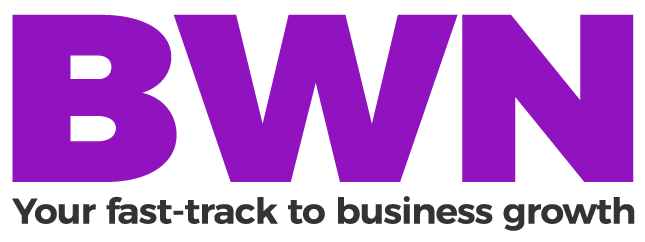Borrowing for your new home – advice from our Insider, Castle Mortgages
How much could you borrow for your next home?
“Everything’s easier when you know how to make the move” Steve from Castle Mortgages told us….
Purchasing your next property is a significant step, involving a substantial, long-term financial commitment. Navigating the mortgage landscape consists in finding a delicate equilibrium. You need to borrow sufficiently to finance your next dream home while ensuring the repayments don’t become overwhelming.
Existing homebuyers often rely on substantial deposits to demonstrate their ability to manage their next mortgage effectively. The larger the deposit, the more likely you’ll be approved, as it reduces the lender’s risk and shows financial responsibility on your part.
Income and expenditure
It’s important not to overstretch your finances to the point where you can’t enjoy life’s pleasures. Consider all your yearly expenses to ensure you stay within your means. Consider your assets like savings, which could be used for your deposit, and your income and expenditure. If you have equity in your current property, it is considered an asset, even if it’s not fully paid off.
The amount you can borrow for your next mortgage will vary by lender and is calculated based on factors such as your income, the size of your deposit, regular expenditure and credit rating. Remember, the actual loan amounts and affordability criteria will differ across lenders. We will obtain accurate figures from any potential lender before you commit to a mortgage.
Appropriate mortgage product
Current mortgage rules ensure that customers only borrow what they can comfortably afford. Therefore, you must detail your income and spending when applying for a mortgage. This process ultimately benefits you, as it helps us advise you on the most appropriate mortgage product.
Beyond the mortgage cost, there are other expenses to consider when buying your next property. These include building insurance, Stamp Duty Land Tax (or similar taxes in Scotland or Wales), moving costs, estate agency fees, solicitor’s fees, surveyor costs and charges associated with getting a mortgage.
Consider all possibilities
We will give you an accurate estimate of what you could borrow. Also, speaking to us if you’re self-employed or investing in a buy-to-let property will provide you with valuable insights into your options. It’s not just about the sum you can borrow; you should also consider how much your mortgage might cost you monthly.
Finally, remember to consider all possibilities. Unexpected events can happen; you must think through different scenarios and what you’re comfortable with. We’ll also be able to discuss your options and advise cover in the event of redundancy, serious illness or death.
Looking for your next mortgage?
Get an idea of what you could borrow. To discuss your situation, contact Castle Mortgages on 01926 359327 or by email at Steve@castle-mortgages.co.uk
Your home/property may be repossessed if you do not keep up repayments on your mortgage.



